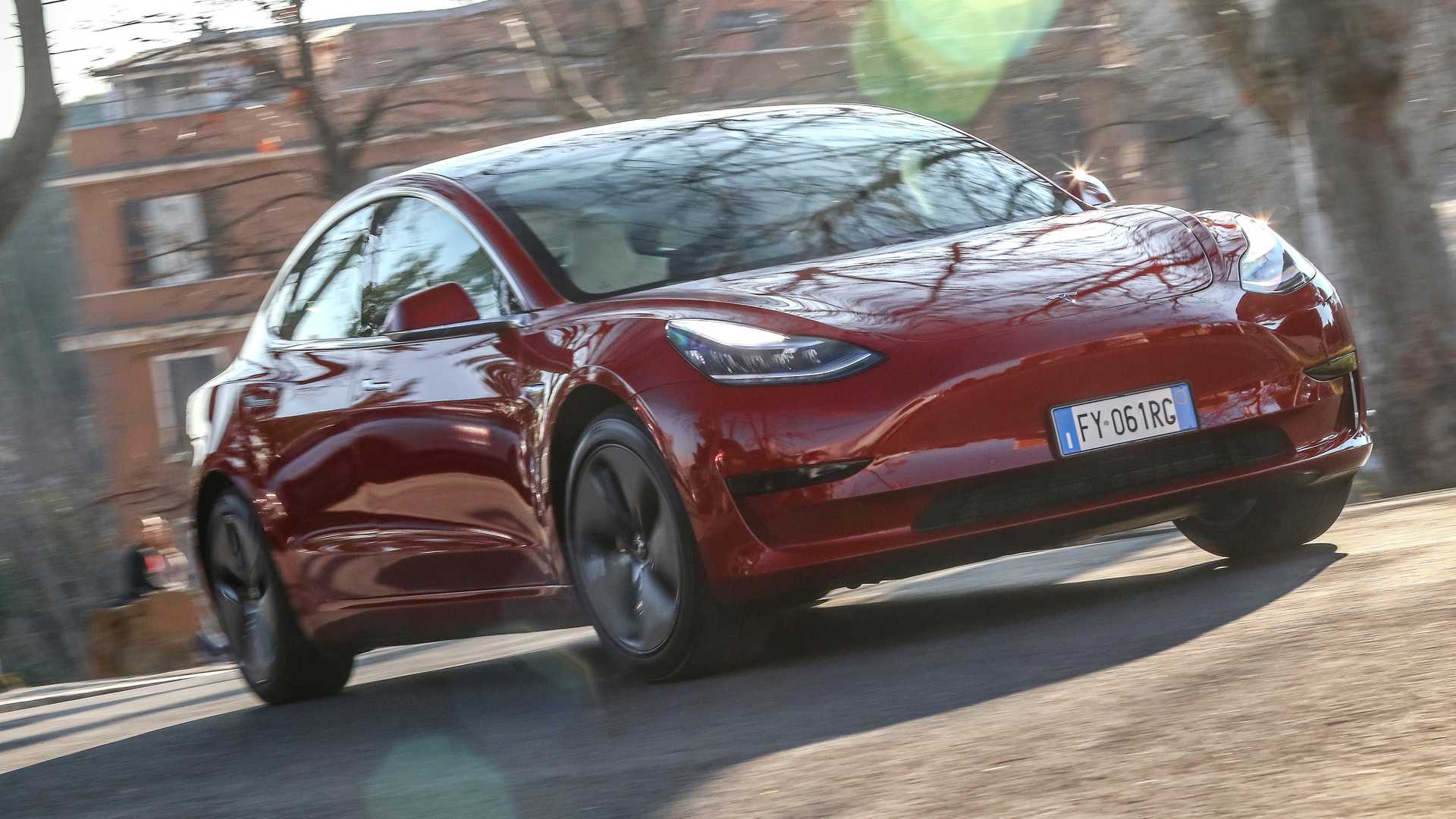Although many have been watching it for more than a decade, oil companies have realized the enormous impact that the expansion of electric mobility will have on their business model. Something Elon Musk himself warned about a few years ago, and which now seems to have become a real threat to the centuries-old oil industry.
According to El Confidencial, it has been indicated that companies such as Apple, Google or Tesla “are carrying out exhaustive research on new and potentially disruptive technologies, such as the electrification and automation of vehicles or innovative battery technologies, which could have a significant impact on demand for petroleum products worldwide if they were widely adopted. “
Some companies put on the table the risk that a faster evolution of battery technology will lead to a more pronounced decrease in the demand for diesel and gasoline. Something that would reduce the impact of developing more efficient combustion engine vehicles unable to compete against electric ones.
An implementation mainly focused on developed countries, due to the high cost of vehicles, which is a hope that demand from markets such as China or India will offset the possible reduction in demand.
Te oil age is probably coming to an end due to electric cars and renewable energy. One of the most exciting aspects of the report is the estimation of hybrid and electric cars’ implants according to the oil company data. These predict that just 15% of the mobile fleet in 2030 will be hybrid or electric, while 85% will still be diesel and gasoline. Also, they highlight that in its ‘mix’ of sale still weighs heavily industrial and heavy vehicles, whose replacement by an alternative to internal combustion is more complicated.
There are also some estimates made in 2018 that do not stray too far with those released at the time by more neutral sources, such as Bloomberg, which estimated that in 2040 sales of electric cars in the world will exceed 50%.
Something that will have significant repercussions starts with an oil demand that will decrease by 8.5 million barrels per day. Of course, polluting emissions will also be significantly reduced.
But these estimates do not take into account factors such as the evolution of battery technology, which Bloomberg, estimated experiencing a 12% annual price reductionand the improvement in their energy densities. This means that each time you can put more kWh in the same space, or achieve the same autonomies with fewer batteries, which translates into less cost.

